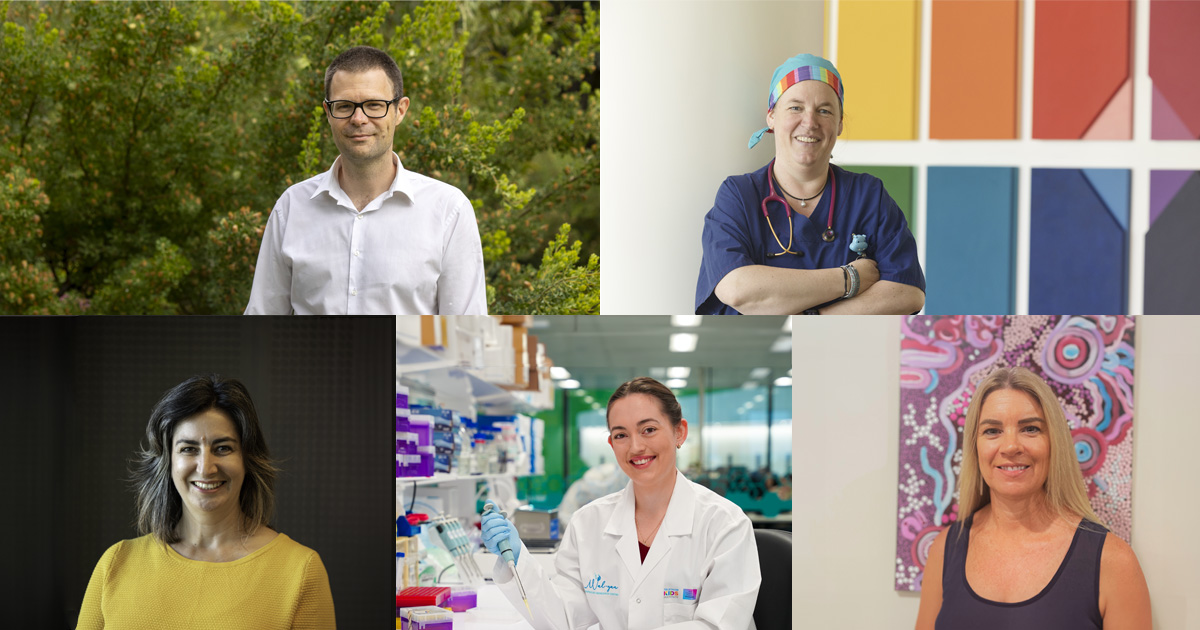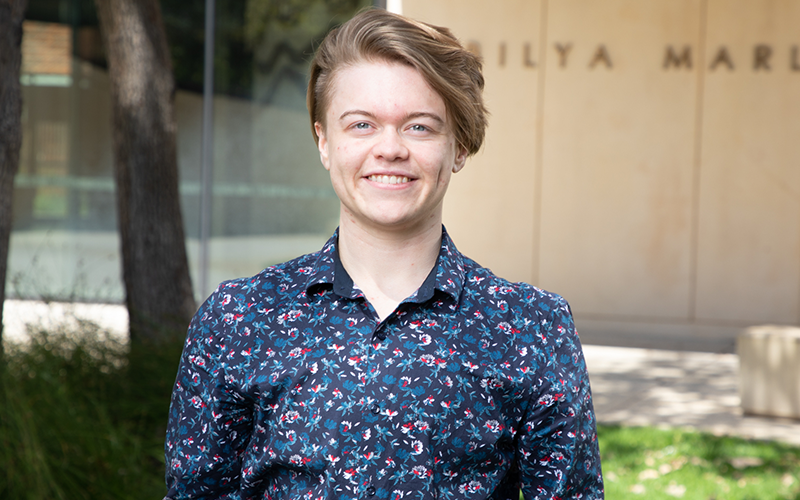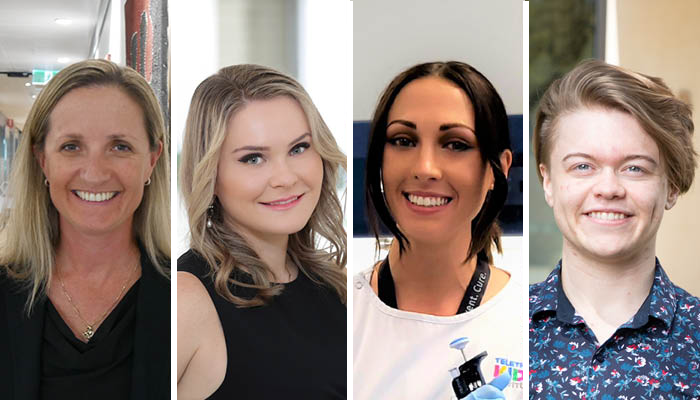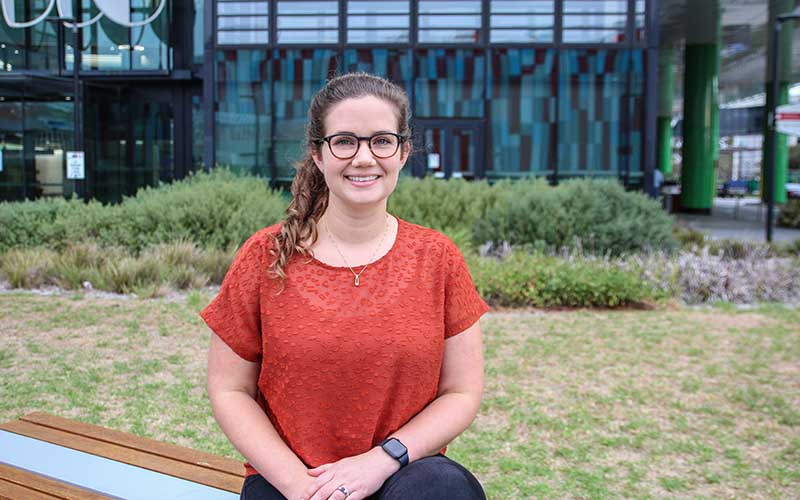Search
Research
Can a social media intervention improve online communication about suicide? A feasibility study examining the acceptability and potential impact of the #chatsafe campaignThere is a need for effective and youth-friendly approaches to suicide prevention, and social media presents a unique opportunity to reach young people. Although there is some evidence to support the delivery of population-wide suicide prevention campaigns, little is known about their capacity to change behaviour, particularly among young people and in the context of social media. Even less is known about the safety and feasibility of using social media for the purpose of suicide prevention.
Research
Disparities in severe neonatal morbidity and mortality between Aboriginal and non-Aboriginal births in Western Australia: a decomposition analysisThe health disadvantages faced by Australian Aboriginal peoples are evidenced in early life, although few studies have focused on the reasons for population-level inequalities in more severe adverse outcomes. This study aimed to examine the scale of disparity in severe neonatal morbidity (SNM) and mortality between Aboriginal and non-Aboriginal births and quantify the relative contributions of important maternal and infant factors.
Research
Our journey, our story: a study protocol for the evaluation of a co-design framework to improve services for Aboriginal youth mental health and well-beingMainstream Australian mental health services are failing Aboriginal young people. Despite investing resources, improvements in well-being have not materialised. Culturally and age appropriate ways of working are needed to improve service access and responsiveness. This Aboriginal-led study brings Aboriginal Elders, young people and youth mental health service staff together to build relationships to co-design service models and evaluation tools.
Research
Mental health difficulties among trans and gender diverse young people with an autism spectrum disorder (ASD): Findings from Trans PathwaysRecent research highlights an overlap of gender diversity and autism spectrum disorders (ASD); however, data on individuals who are trans and also on the autism spectrum are largely from clinical samples and may not be representative of individuals who are trans with ASD in the general population. In addition, there is scant literature on the mental health of these individuals and their experiences in accessing gender-affirming care.


News & Events
The Kids researchers named as finalists in 2023 Premier’s Science AwardsFive The Kids Research Institute Australia researchers working across diverse and highly impactful areas of child health research have been named as finalists for the 2023 Premier’s Science Awards.

News & Events
Anaesthesia, suicide prevention and rare disease research supported by Telethon 2022The generous support of West Australians through Channel 7’s Telethon Trust will help support vital child health research at The Kids Research Institute Australia in 2023.

News & Events
Youth mental health researcher named joint Shell Aboriginal STEM Student of the YearYouth mental health researcher named joint winner of the Shell Aboriginal STEM Student of the Year category at the 2022 Western Australian Premier’s Science Awards.

News & Events
Premier’s Science Awards finalists recognised for work in physical activity, cancer and mental healthFour The Kids Research Institute Australia researchers from a diverse range of fields have been named as finalists for the prestigious 2022 Premier’s Science Awards.

News & Events
Fellowship paves way for world-first LGBTQA+ suicide prevention initiativeDr Penelope Strauss will use a prestigious Post-Doctoral Fellowship from Suicide Prevention Australia to develop and trial a world-first intervention.
